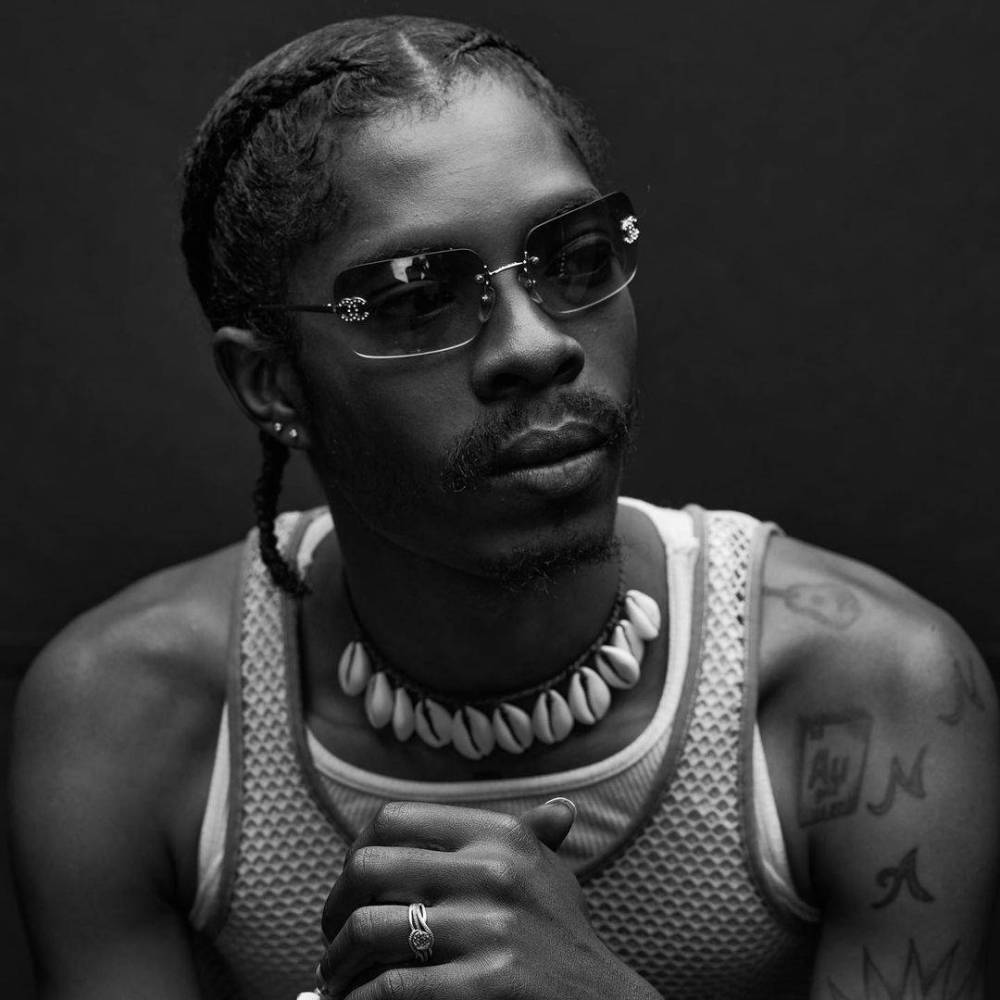Image via El Cousteau/Instagram
Harley Geffner wants to know what they even do in the Met Gala.
Aside from all the quippy takes, everything about this song is hard. If it was just an El Cousteau song, it would be one of his best. Rocking the leopard fur hat, he raps with a drag on his voice about everything from giving a girl her purpose to unsolved murders and ducking task forces. All the goons are outside, everyone’s rapping along, beer’s spilling out the brown bags, and it’s just an all-around turnt vibe. Wiki’s there too.
There’s a pause for dramatic effect, then Earl’s voice cuts through as he rips off a contender for verse of the year. He feeds off the energy around him and concentrates it into straight line raps. He hits some fun entendres – the 8-ball’s in the corner pocket because he put some spin on the white. In one bar, he raps “I’m not okay, but I’m gon’ be alright,” which is as succinct a distillation of the modern malaise as any I can remember. He’s always rapped like he’s hungry, but now it feels like Earl is really just having fun with it and letting it come to him. It’s like when a technically good hooper starts playing a little more free, and it’s hard to pinpoint exactly what they’re doing, but it all just clicks together more smoothly.
Almost nobody raps about death better than Savannah, GA native Quando Rondo. Losing people is one of the hardest experiences to conceptualize, but even harder to verbalize. It’s not really meant to be understood. Our brains seek logic behind every occurrence so that we can feel in-control of our universe – random death is something that can shatter our world.
It’s not the loss itself that Quando describes or understands so well, but it’s that lack of understanding. He’s so fluent in singing and rapping about the desperation of searching for meaning and coming up empty. It’s how he sings about clinging on to a loved one’s shirt and smelling their cologne; it’s in the desperate pleas for heaven to have a phone; ultimately, it’s really about the tone in his voice that conveys this feeling. It’s the voice of longing, scratched and scraped, but still trying to eek out the notes. The scars and trauma he raps about are sonically etched, as he sings “I swear the shit got to a point where I don’t love nobody.”
It’s simple, but the concept of moving forward without the people who made life worth living for you, is a really powerful one. Rondo seems almost in awe of the power of that understanding, as memories flash across the screen and a children’s choir sings the chorus.
“Substance Abuse” sounds exactly like how substance abuse feels. Everything is dulled, the world around you becomes a hologram of itself, as if you’re stepping back from reality to look through a sideways prism. Loe Shimmy, hailing from the same impoverished county in Florida as Kodak Black, encapsulates this feeling in what sounds like a muted disco party. It’s dance music, but low key.
Loe sails through the vibrations with his raspy undertones, offering lifestyle incantations like he’s in touch with the spiritual realm. The video is shimmery with technicolor tremors. Loe raps about the peace he’s been searching for, the drug cocktails he’s been consuming, and his exploits with women. The raps feel like they’re coming at you from a distance, sent through the filters of his shades and the heady fog he’s living in. This is what world-building looks like.
Florida’s Wizz Havinn pays heavy homage to old school Gucci, spitting over an ’06 Zaytoven-type beat with more modern drums. And Wizz does it justice – rapping with an incline on each bar with some serious flexes. The price of each tooth is 100K, the windows have such a heavy tint you can’t even see him; he’s got grandmas handling thousands of dollars worth of shrooms. If you had any doubt, the second half of the video is literally a freestyle over a Gucci beat.
There’s a real sociopolitical analysis to be done on street rappers coming out in favor of Trump. There’s an enormous confluence of factors, but it’s always made sense to me at least on a basic relatability level. Trump presents as a “get money,” guy, he’s had to stand alone and cut off “rats” from his crew, and loyalty is his biggest sticking point in an ally. He operates like a mafia boss to enrich himself, and how many rappers have compared themselves to guys like that? There’s a lot more at play here, but it sadly makes sense that 42 Dugg is a supporter.
“Last Ones Left” is a bootstraps anthem. It doesn’t need to be stated that Trump has never had to lift himself up, but he’s a brilliant self-promoter in making people believe that he has. Detroit’s 42 Dugg actually did it, and so did Florida’s Trigga500k. Trigga asks how he could trust anybody when he barely trusts himself, and raps about how he made his own way from the very start. Dugg chops up Trigga’s flow, and touches on how there was nobody there for him when he was broke. It makes you feel like anything is possible, which is how Trump makes his supporters feel. Here’s to hoping that the feeling isn’t strong enough to deliver him the White House again.
What else is there to say about Mozzy? One of the greatest to do it over the last 15 years. Every song he touches is gold, and he doesn’t get nearly enough shine. I’m not sure people outside the West Coast understand how many super fans he has out here. I know four to give people personally who hang on his every word and recite bangers from 2015 like they’re the hottest songs out right now.


